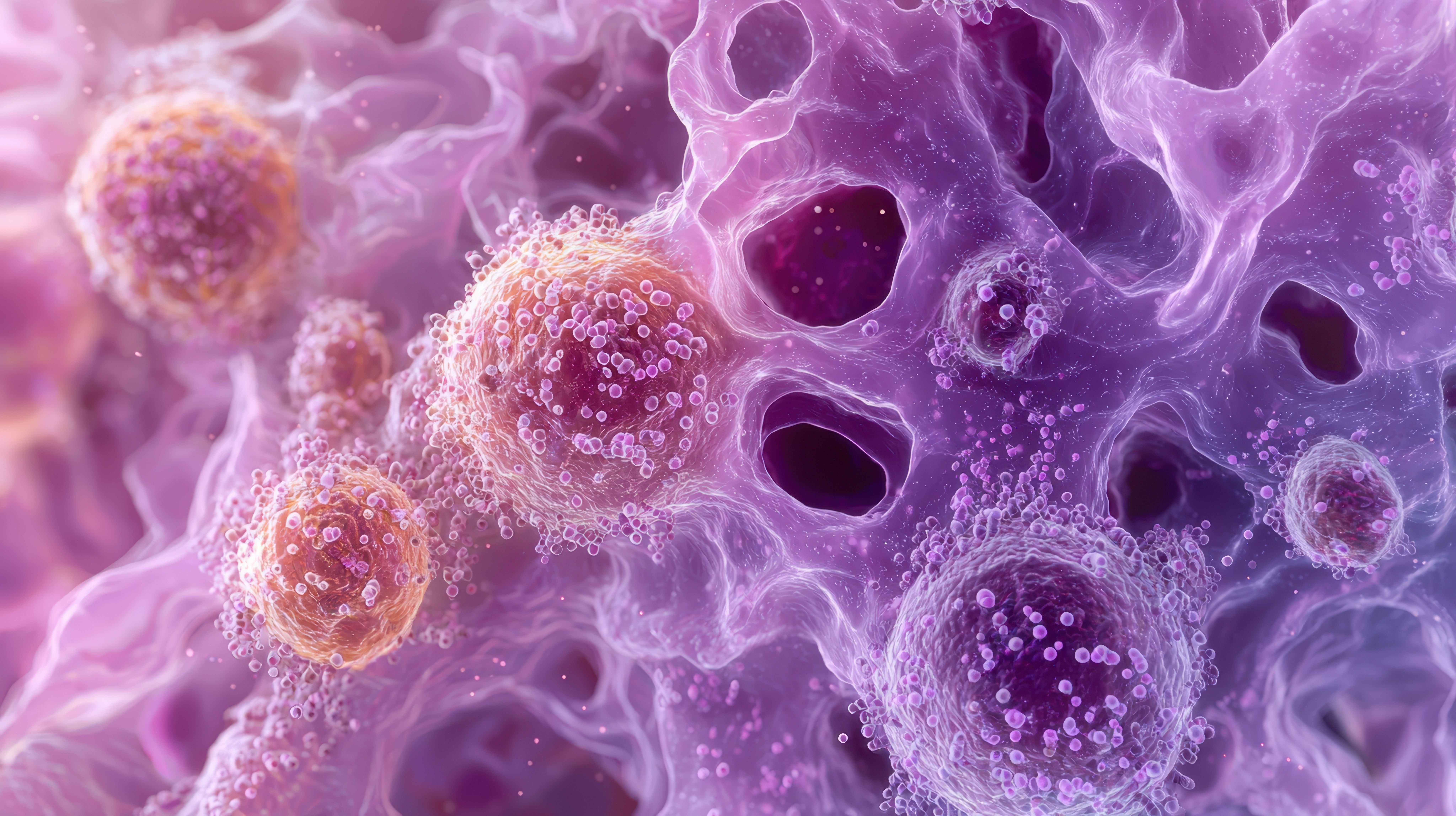Article
Trial of Lisocabtagene Maraleucel Meets Primary Endpoint in Relapsed, Refractory Chronic Lymphocytic Leukemia
Author(s):
Lisocabtagene maraleucel is a CD19-directed CAR T-cell therapy with a 4-1BB costimulatory domain, which enhances the expansion and persistence of the CAR T cells.
Topline results from the phase 1/2 TRANSCEND CLL 004 trial with lisocabtagene maraleucel (Breyanzi, Bristol Myers Squibb) showed the treatment met its primary endpoint of complete response rate (CRR) in patients with relapsed or refractory chronic lymphocytic leukemia (CLL) or small lymphocytic lymphoma (SLL).
Lisocabtagene maraleucel is a CD19-directed CAR T-cell therapy with a 4-1BB costimulatory domain, which enhances the expansion and persistence of the CAR T cells. It is FDA-approved for the treatment of adult patients with large B-cell lymphoma.
The trial met the primary endpoint of CRR compared to historical control in a prespecified subset of patients with relapsed or refractory CLL that was refractory to a Bruton tyrosine kinase inhibitor and pretreated with a BCL-2 inhibitor. No new safety signals were reported for lisocabtagene maraleucel.
The phase 1 dose escalation portion of the study assessed the safety and recommended dose for the subsequent phase 2 expansion cohort. The phase 2 portion of the study is evaluating lisocabtagene maraleucel at the recommended dose from the phase 1 monotherapy arm. The primary endpoint in the phase 2 portion was CRR, including complete remission with incomplete bone marrow recovery, based on independent review committee.
CLL is one of the most common forms of leukemia in adults. In this disease, too many blood stem cells in the bone marrow become abnormal lymphocytes, and these abnormal cells have difficulty fighting infections. As the number of abnormal cells grows, there is less room for healthy white blood cells, red blood cells, and platelets. SLL also affects the lymphocytes, with cancer cells found mostly in the lymph nodes.
Although there are several available treatments for both CLL and SLL, there is a need for additional effective therapies because there is no standard of care for relapsed or refractory CLL or SLL after prior therapy with targeted agents. Patients with relapsed or refractory disease have limited treatment options and generally experience shorter periods of response with each subsequent treatment.
“CLL is an incurable disease with complex biology and immune dysregulation that has made the development of T cell-based therapies that provide deep remission very challenging,” said Anne Kerber, MD, senior vice president and head of Cell Therapy Development at Bristol Myers Squibb, in a press release. “In a population that has limited options, the TRANSCEND CLL 004 study represents the first multicenter trial evaluating a CAR T therapy in heavily pre-treated patients with relapsed or refractory CLL or SLL, with results showing the potential of Breyanzi as a personalized 1-time treatment approach for patients with this difficult-to-treat disease.”
The company plans to complete a full evaluation of the TRANSCEND CLL 004 data and work with investigators to present detailed results at an upcoming medical meeting, as well as discuss these results with health authorities.
REFERENCE
Bristol Myers Squibb Announces TRANSCEND CLL 004 Trial of Breyanzi (lisocabtagene maraleucel) Met Primary Endpoint of Complete Response Rate in Patients with Relapsed or Refractory Chronic Lymphocytic Leukemia. News release. Bristol Myers Squibb; January 26, 2023. Accessed January 30, 2023. https://news.bms.com/news/details/2023/Bristol-Myers-Squibb-Announces-TRANSCEND-CLL-004-Trial-of-Breyanzi-lisocabtagene-maraleucel-Met-Primary-Endpoint-of-Complete-Response-Rate-in-Patients-with-Relapsed-or-Refractory-Chronic-Lymphocytic-Leukemia/default.aspx
Newsletter
Stay informed on drug updates, treatment guidelines, and pharmacy practice trends—subscribe to Pharmacy Times for weekly clinical insights.






